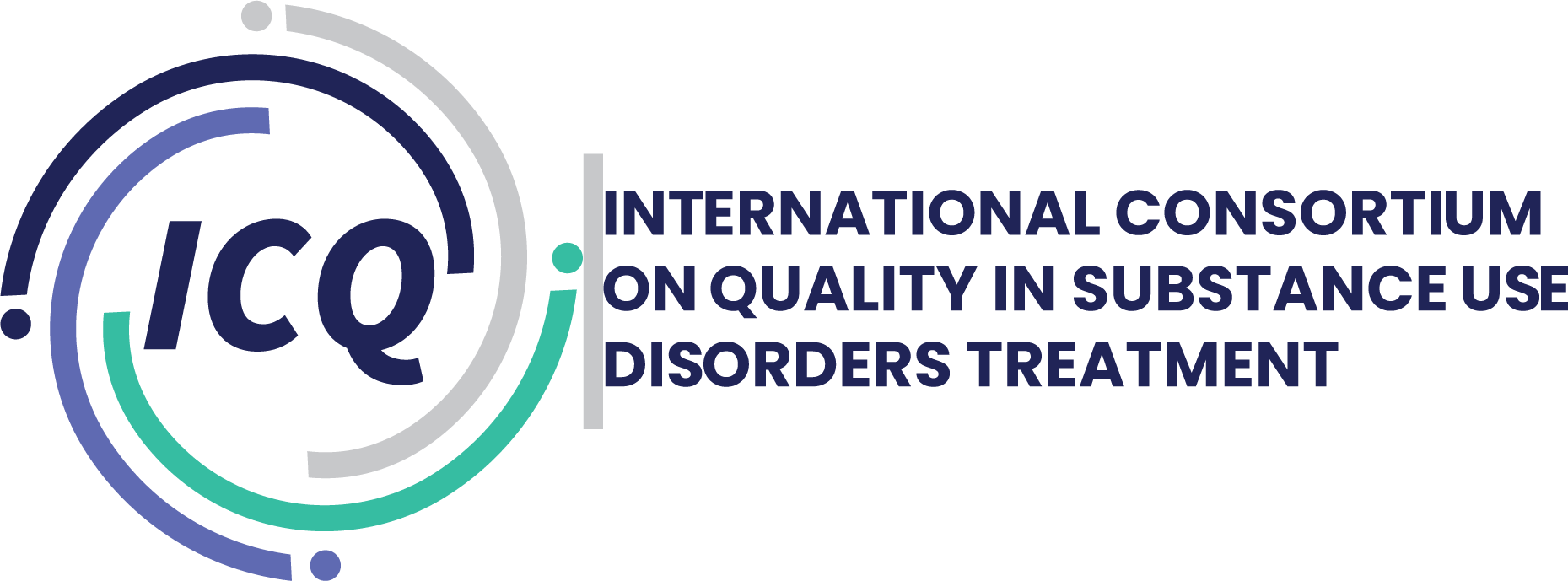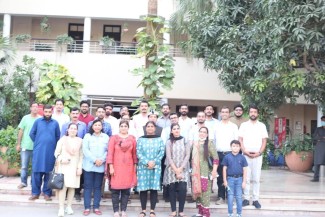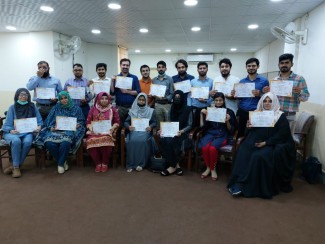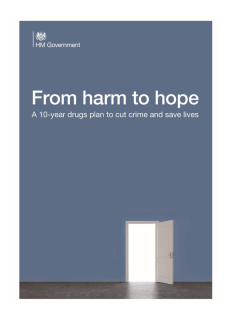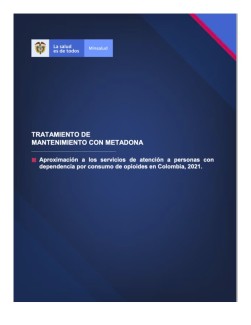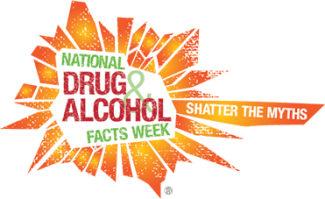Training workshop on" Trauma Management" for national trainers
this training workshop was organized by Aga Khan Agency for Habitat to train the national trainers (Community Emergency Response Team). 25 national trainers from different provinces attended this training workshop.
